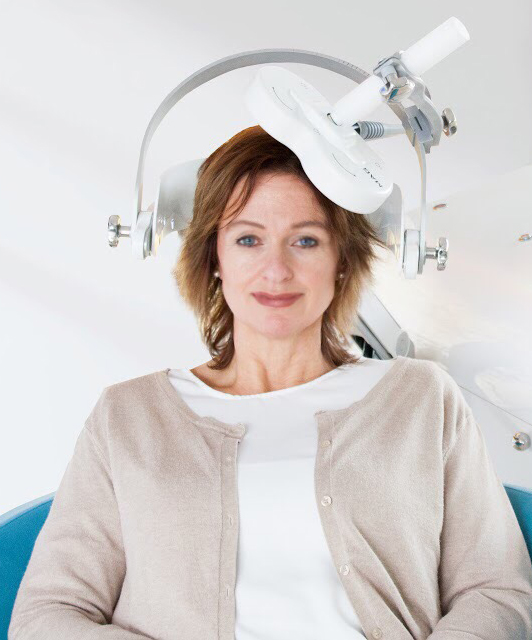Generally, the treatment methods for depression are mainly divided into two categories: drug and non-drug therapy.
For patients with mild depression, psychotherapy with support from relatives and friends, as well as adjustments to daily life (such as regular exercise, schedule, etc.) are all very helpful.
But for people with moderate to severe depression, they often need the professional psychotherapy and medication from clinical psychologists and psychiatrists respectively.
Pharmalogical treatment
At present, the drugs used to alleviate the symptoms of depression are mainly divided into four categories:
- Tricyclics
- Monoamine oxidase inhibitors (MAOIs)
- Selective serotonin reuptake inhibitors (SSRIs)
- Serotonin and norepinephrine reuptake inhibitors (SNRIs)
Although antidepressants have certain effects on some patients, the side effects caused by drugs, such as dry mouth, hand shake, rapid heartbeat, decreased physical strength, and headaches are often very troublesome.

 繁體中文
繁體中文 简体中文
简体中文
